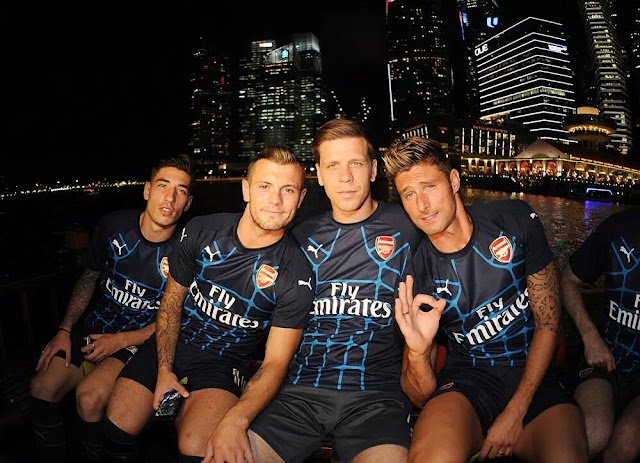Spanish midfielder, Xavi Hernández has slammed Spanish club, Real Madrid for failing to give one of its long-serving players, Iker Casillas a deserving send-off before he switched to Porto FC.
Unlike the ace goalkeeper, Xavi was treated to a grand farewell by his former club, Barcelona. The 35 year-old conveyed his thoughts in a letter which was published in the newspaper, Vanguardia. Excerpts below
“I met Iker in the U-17 World Cup in Egypt and we got on immediately. Whenever anyone asks me about him, the answer is always the same: “He’s a really great bloke. That’s why it really gets me what is happening. Over the past few years I have seen how he didn’t enjoy it as much as he used to. Sometimes I even saw him bitter and I think that all of us in this country have to stop and reflect on this. It cannot be that sportspeople in Spain can’t get older without people being disrespectful to them, looking for faults at times very nastily.”
“The same thing is happening with Rafa Nadal, the best Spanish sports person of all time. Now Casillas is going to Porto and I am sure that he will get a hero’s welcome. He is appreciated more abroad. Iker deserved to be treated in the same way that he treated everybody. For me, he is the most decisive goalkeeper in all history. What saves. Maybe his footwork wasn’t the best, but I have never seen a more intuitive guy between the sticks.”
“He made history with the national team in that famous penalty shoot-out against Italy. ‘Take it easy, Luis, we’ve got Iker, who is on fire’, I told Aragonés. What I’m most happy about is that we have been able to maintain our friendship despite our different team colours. The way he left Real Madird really upsets me. It saddens me. I wish you all the very best in your time at Porto, my friend.”

















